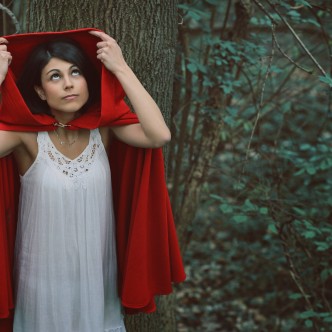
Program
- Ich beschwöre euch, Christian Ritter
- O quam pulchra es, Claudio Monteverdi
- Ich bin eine Blume, Dietrich Buxtehude
- In lectulo meo, Maurizio Cazzatti
- Fahet uns die Füchse, Melchior Franck
- Ich suche des Nachts in meinem Bette, Melchior Franck
- Dialogo della Cantica, Domenico Mazzochi
- Ego dormio, Vulnerasti cor meum, Heinrich Schütz
- O quam tu pulchra es, Heinrich Schütz
- Ego flos campi, Claudio Monteverdi
- Ich suchte des Nachts, Augustin Pfleger
- Magnificat, Francesco Cavalli
Between Eros and Agapè, the Song of Songs (translated into French by Chouraqui as the Poem of Poems), occupies a very special place in the Bible. The indubitable eroticism of this text amazes and even disturbs the reader of the Holy Scriptures. It’s uniqueness inspired numerous commentaries, both Hebrew and Christian. In the different exegesis, the love between King Solomon and the Shulamite tends to be described as the love that unites God to Israel, Christ and his church. Under Bernard de Clairvaux’s influence, a mystical reading of this text emerges progressively, glorifying the love between God and the Virgin Mary. It is this interpretation that goes on to inspire the compositions of the Middle Ages.
Both the Catholics and the Lutherans seize upon the ambiguity of this text and, following on from Palestrina and Lechner, who both set long excerpts of the Song of Songs to polyphonic music, the great 17th century musicians create their compositions for this Song.
In this programme we will use Claudio Monteverdi’s version, with excerpts of the 1610 Vespro and the Selva Morale, as well as works by the Catholic musicians, Cazzati, Mazzocchi and Steffani, the Italian who worked for the German court. The Germanic musicians were more than equal to their Mediterranean colleagues, as we can see from Heinz Schütz’s motets. After him, Buxtehude in Lübeck, Ritter who divides his time between Sweden and Germany, and Pfleger from Bohemia, work on these texts.
The ambivalence of the text allows the Baroque musicians, who are no longer bound by the chains of austerity, to express the affective intensity that exists in the monodies, duos or even the ensembles for 5 or 6 voices (accompanied by violins) that owe a lot to the birth of opera.
Akadêmia :
6 singers
8 instrumentalists
Françoise Lasserre, direction